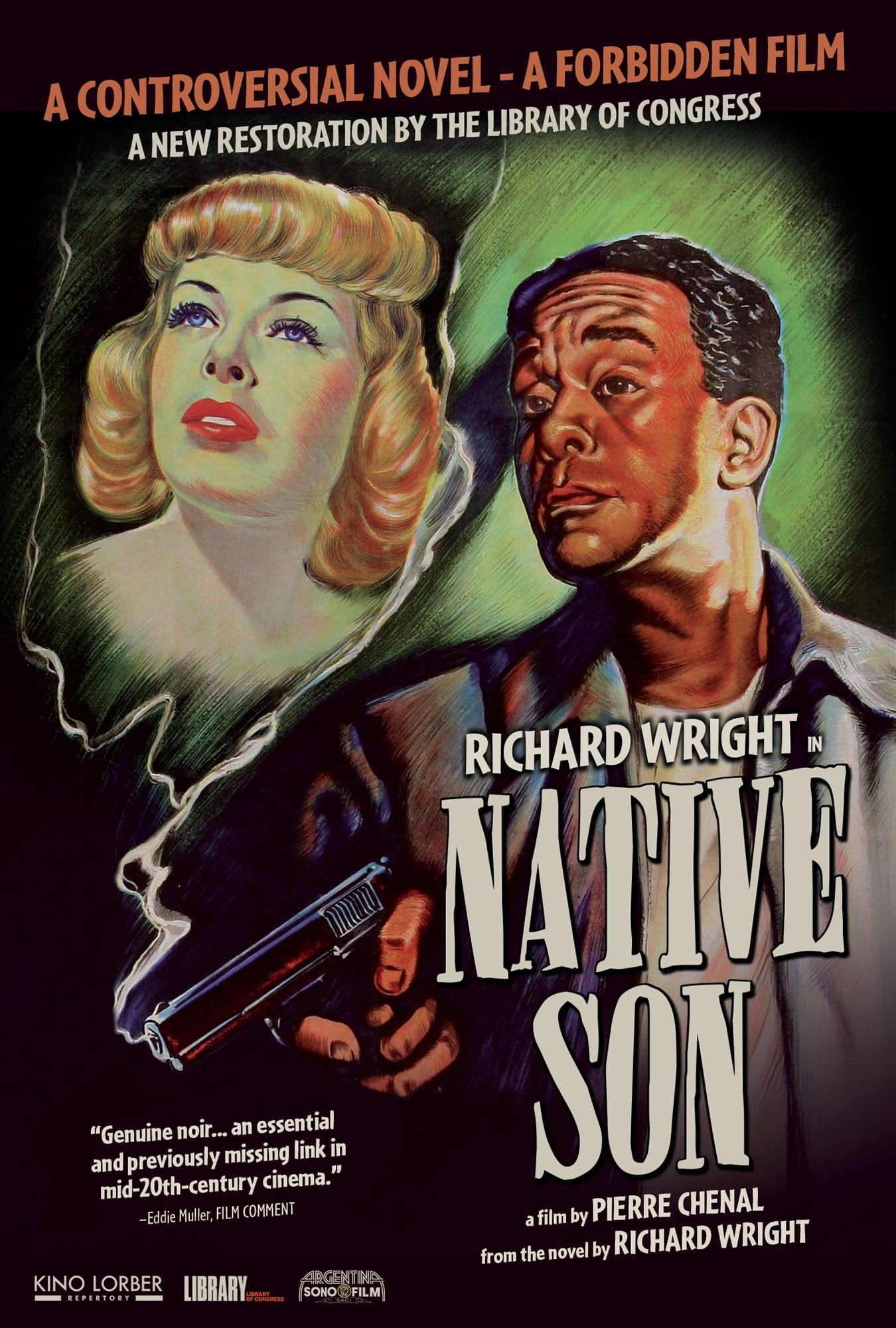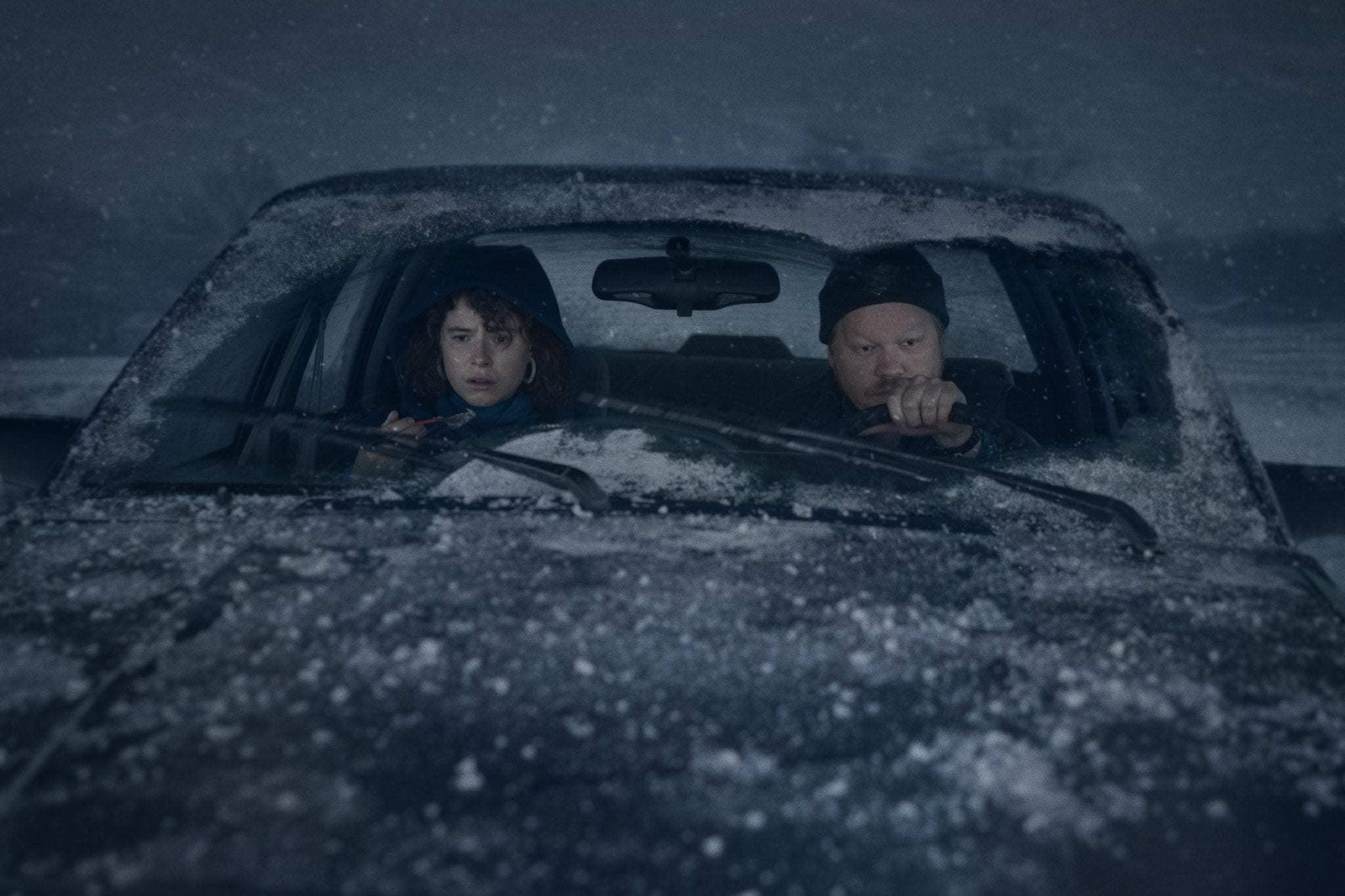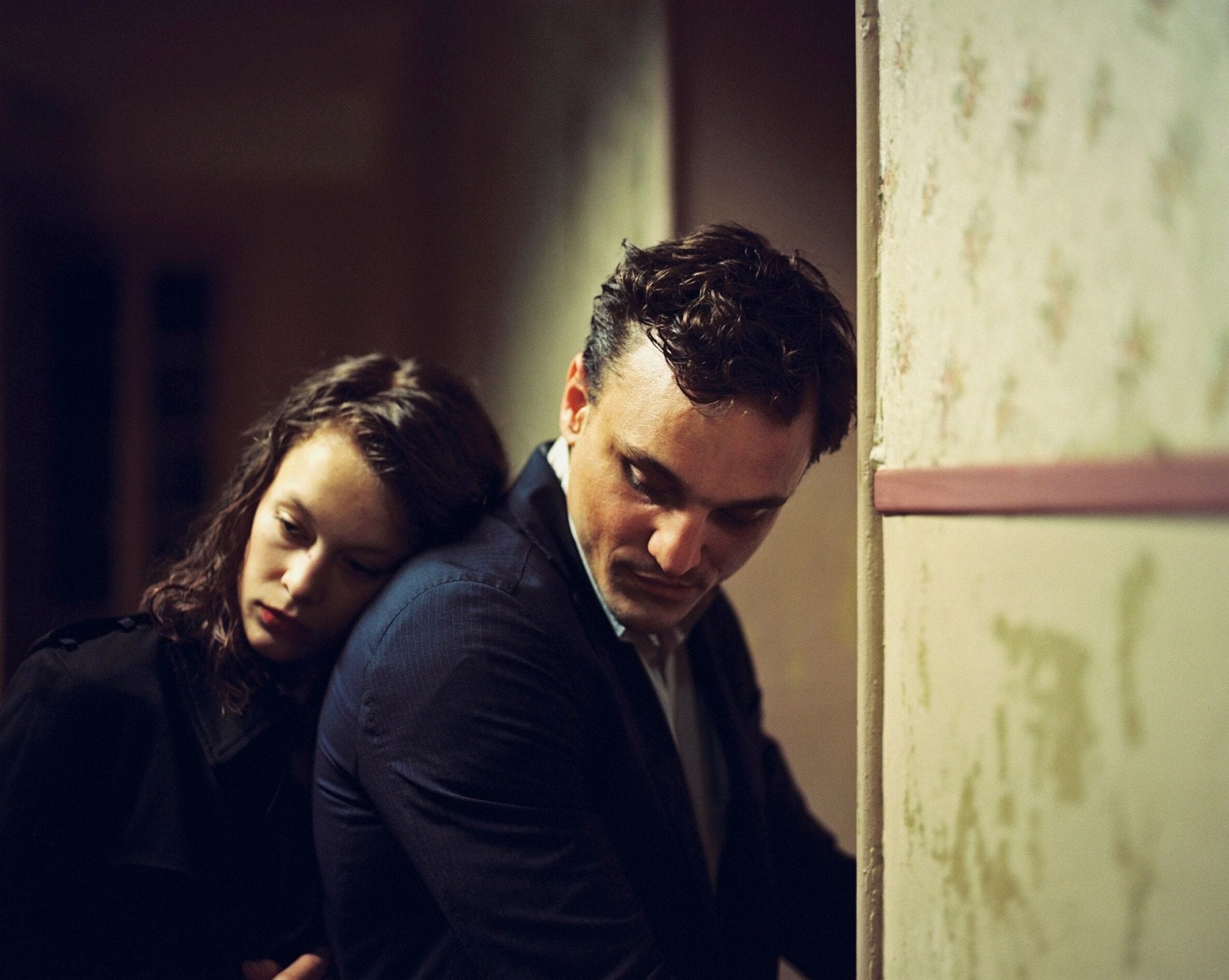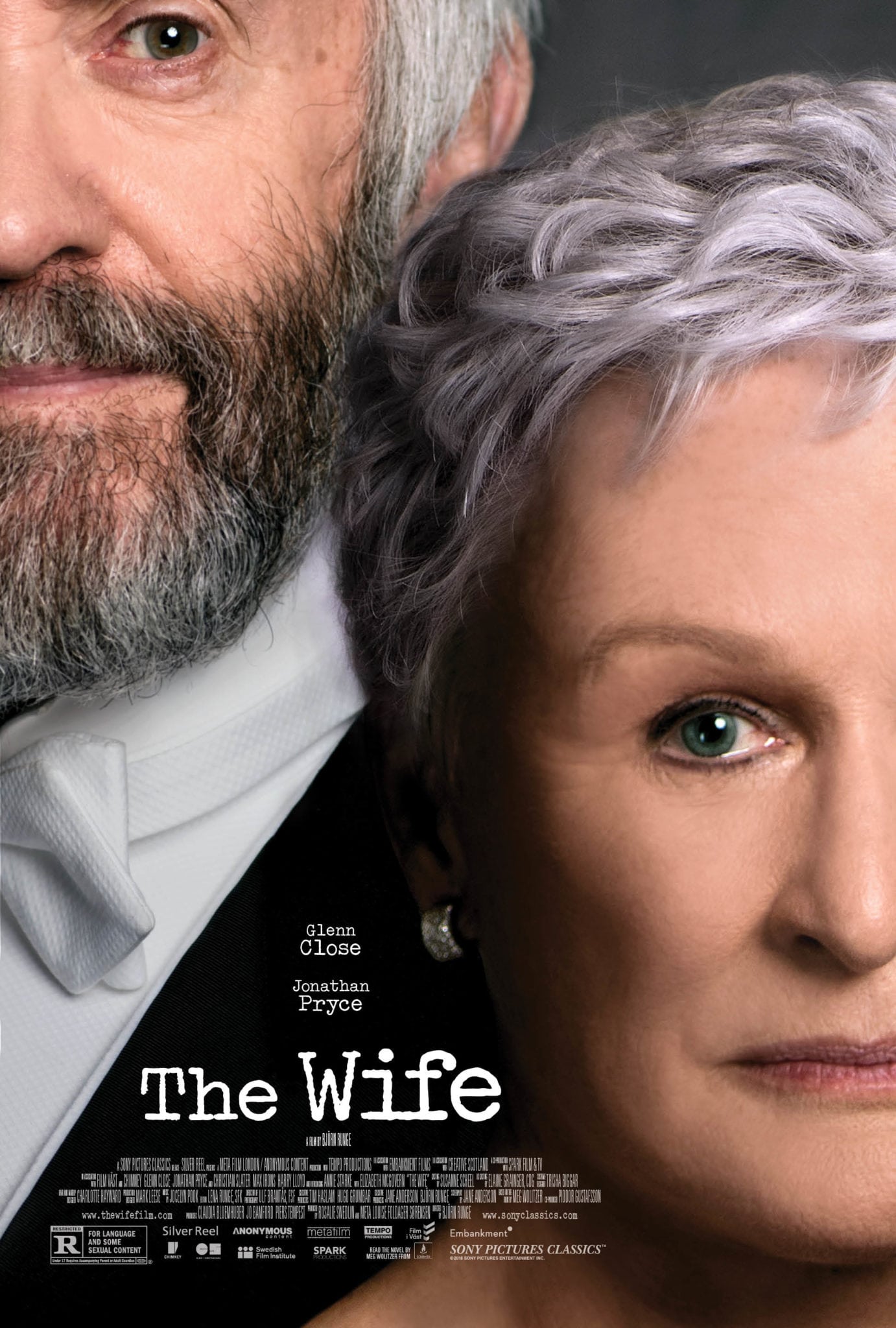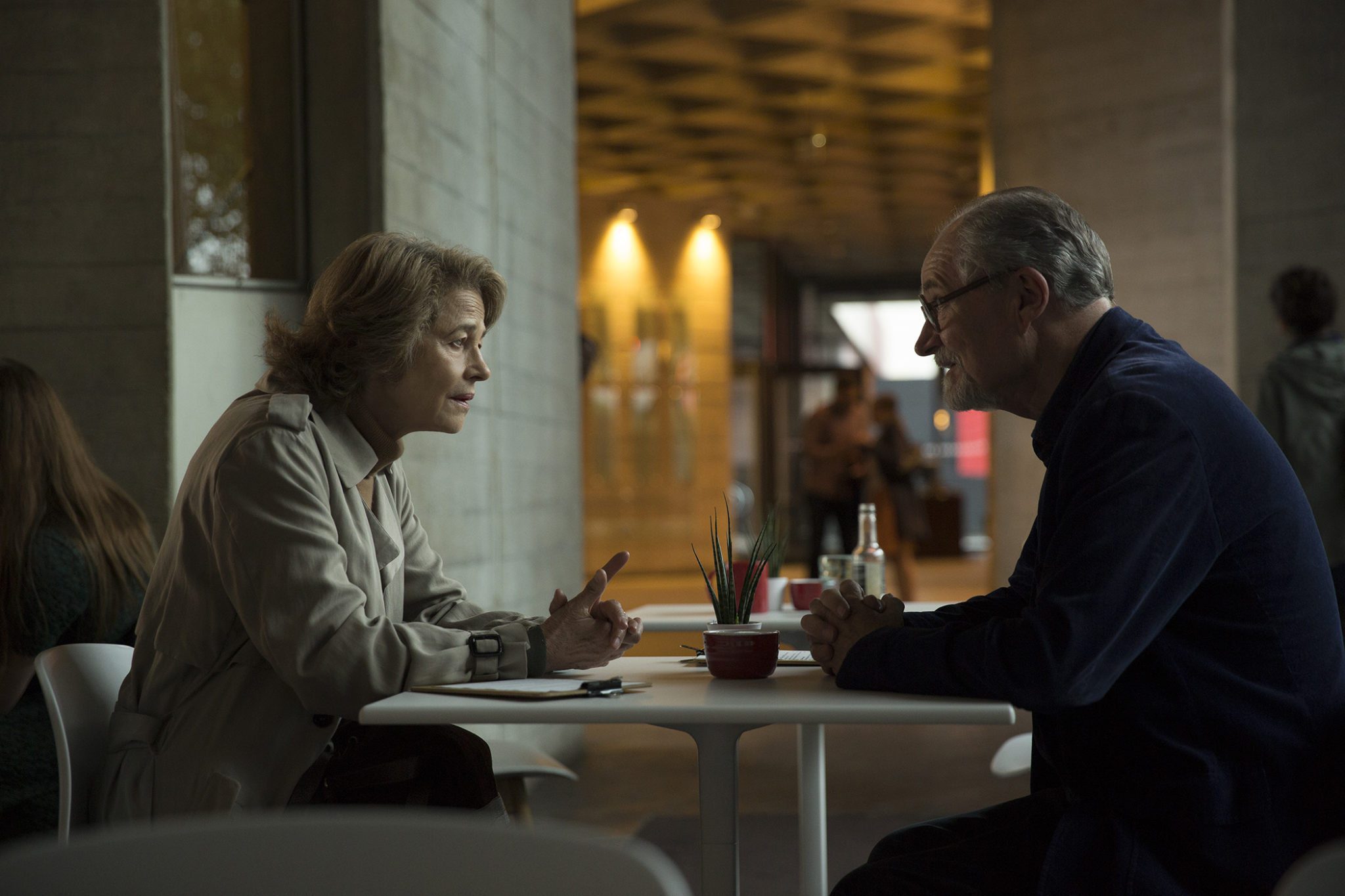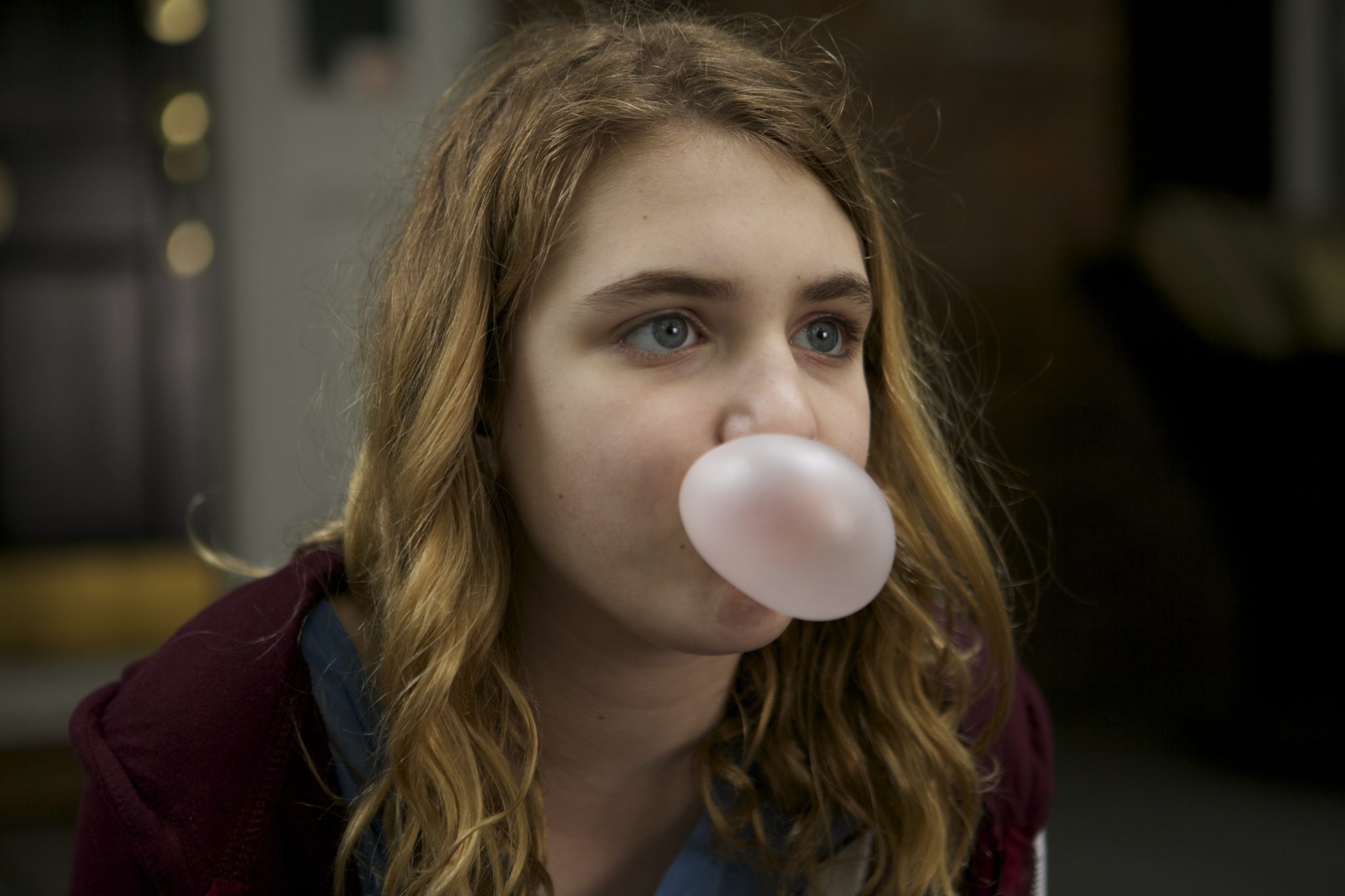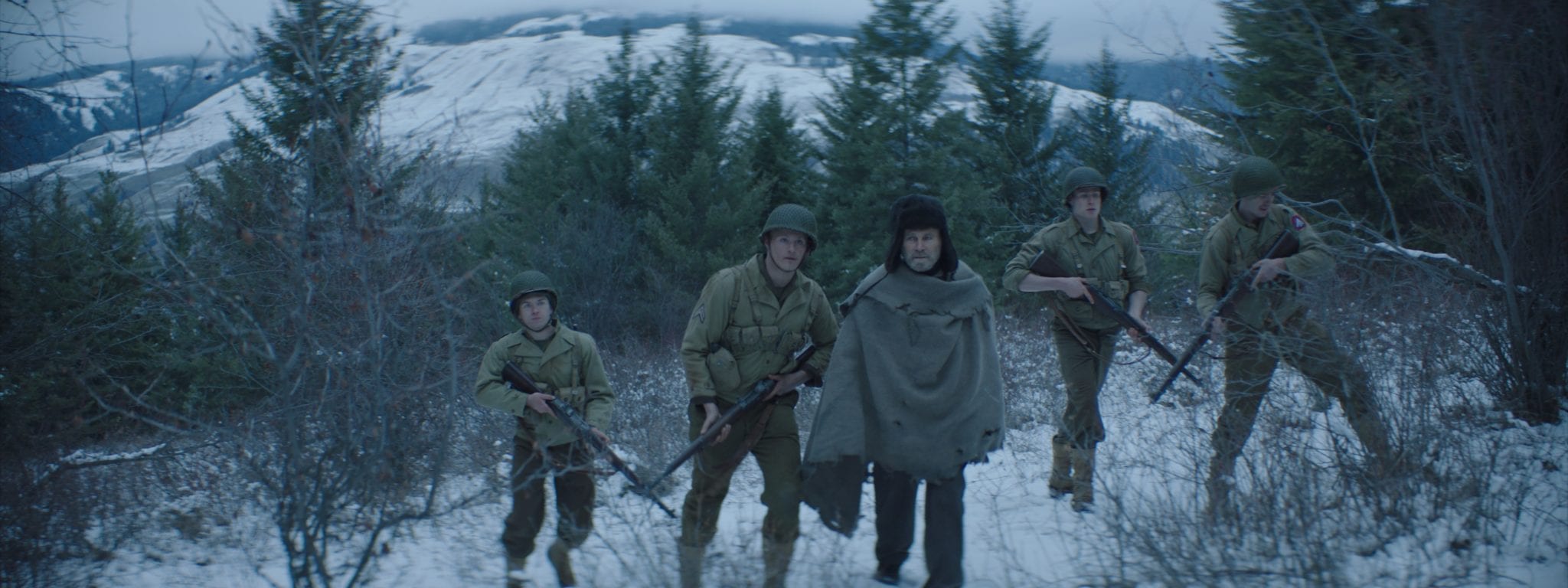
Recon – Moral Questions of War
?I have had enough.? How should we think of war? Is it a romantic, idealized story of heroics? Is it hell, as General Sherman said? Do we accept that ?all?s fair? in war? Are there rules of morality that we must follow to maintain our humanity? Recon, written and directed by Rob Port, uses a…

